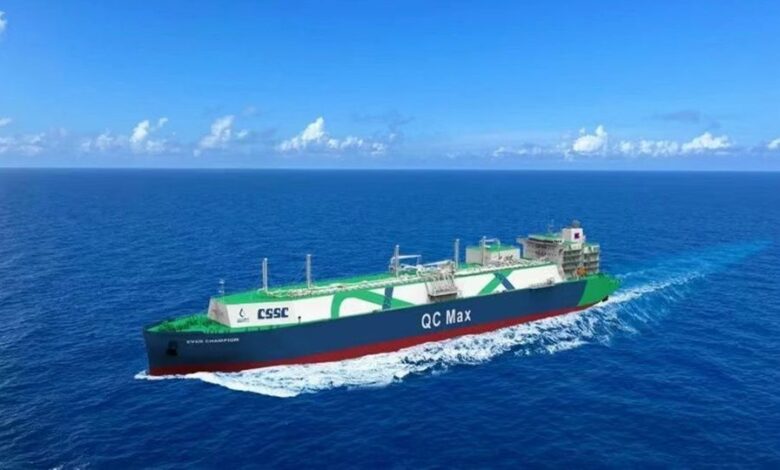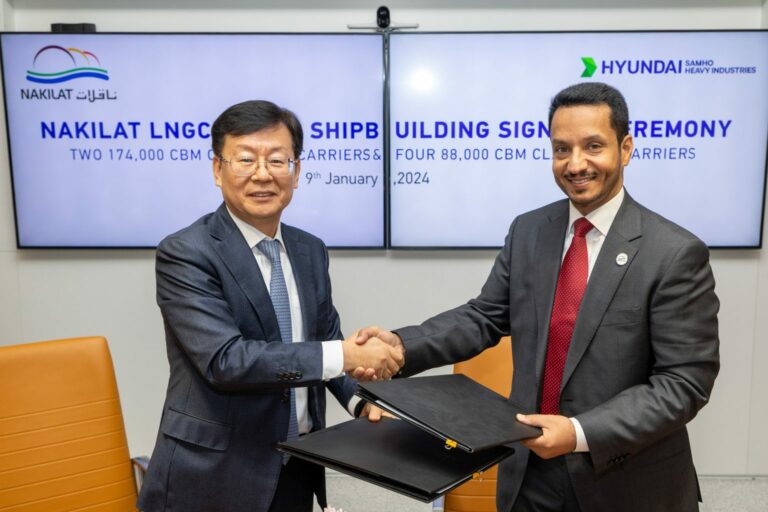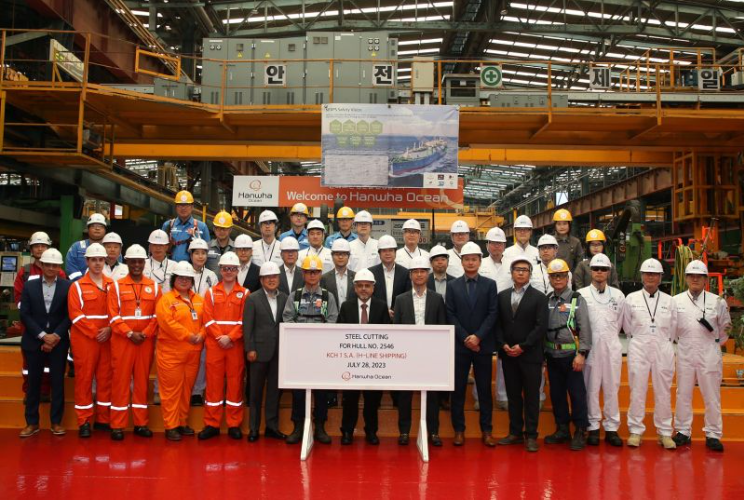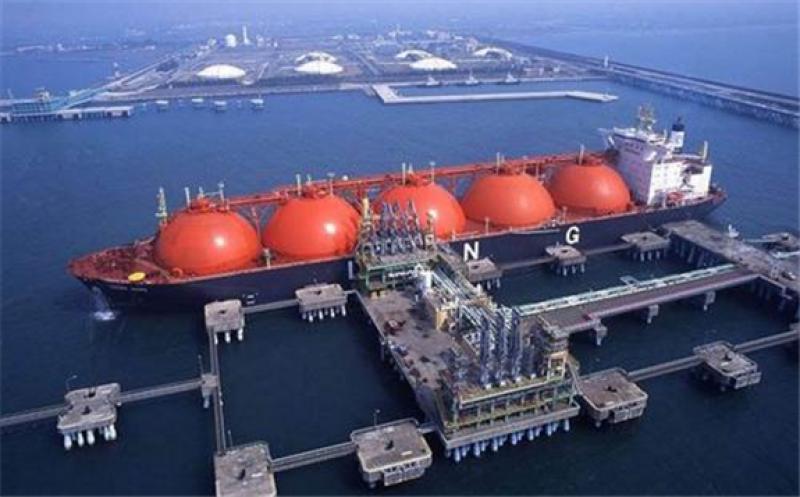In his first comments since being appointed by his father King Salman on Sunday, the minister signalled no major change in approach in Saudi Arabia, the de facto leader of OPEC which pumps about a third of the cartel´s oil.
"The pillars of our oil policy are pre-determined and will not change," he said according to Saudi broadcaster Al-Arabiya. The prince is in Abu Dhabi to attend the World Energy Congress, followed by a meeting on Thursday of the OPEC+ alliance´s Joint Ministerial Monitoring Committee (JMMC), which monitors a supply cut deal reached last year.
The ministers will consider fresh cuts, even though analysts are doubtful such a move would succeed in bolstering crude prices which have been badly dented by the US-China trade war. However, Prince Abdulaziz appeared to swing his support behind further output reductions to rebalance the crude market.
"Cutting output will benefit all members of OPEC," he reportedly said. The appointment of Prince Abdulaziz, half-brother to de facto ruler Crown Prince Mohammed bin Salman, marks the first time a royal family member has been put in charge of the all-important energy ministry.
He replaces veteran official Khalid al-Falih as the world´s top crude exporter accelerates preparations for a much-anticipated stock listing of state-owned oil giant Aramco, expected to be the world´s biggest.
The OPEC petroleum exporters´ cartel and key non-OPEC members want to halt a slide in prices that has continued despite previous production cuts and US sanctions that have squeezed supply from Iran and Venezuela.
Analysts say the JMMC has limited options when it meets in Abu Dhabi. UAE Energy Minister Suheil al-Mazrouei said Sunday the group would do "whatever necessary" to rebalance the crude market, but admitted that the issue was not entirely in the hands of the world´s top producers.
The oil market is no longer governed by supply and demand but is being influenced more by US-China trade tensions and geopolitical factors, he said. The UAE minister said that although further cuts will be considered at Thursday´s meeting, they may not be the best way to boost declining prices.
"Anything that the group sees that will balance the market, we are committed to discuss it and hopefully go and do whatever necessary," he said.
"But I wouldn´t suggest to jump to cuts every time that we have an issue on trade tensions." While cuts could help prices, they could also mean producers lose further market share, analysts say.
The 25-nation OPEC+ group, dominated by the cartel´s kingpin Saudi Arabia and non-OPEC production giant Russia, agreed to reduce output in December 2018. That came as a faltering global economy and a boom in US shale oil threatened to create a global glut in supply.
Previous supply cuts have mostly succeeded in bolstering prices. But this time, the market has continued to slide -- even after OPEC+ agreed in June to extend by nine months an earlier deal slashing output by 1.2 million barrels per day (bpd). The new factor is the trade dispute between the US and China, whose tit-for-tat tariffs have created fears of a global recession that will undermine demand for oil.





